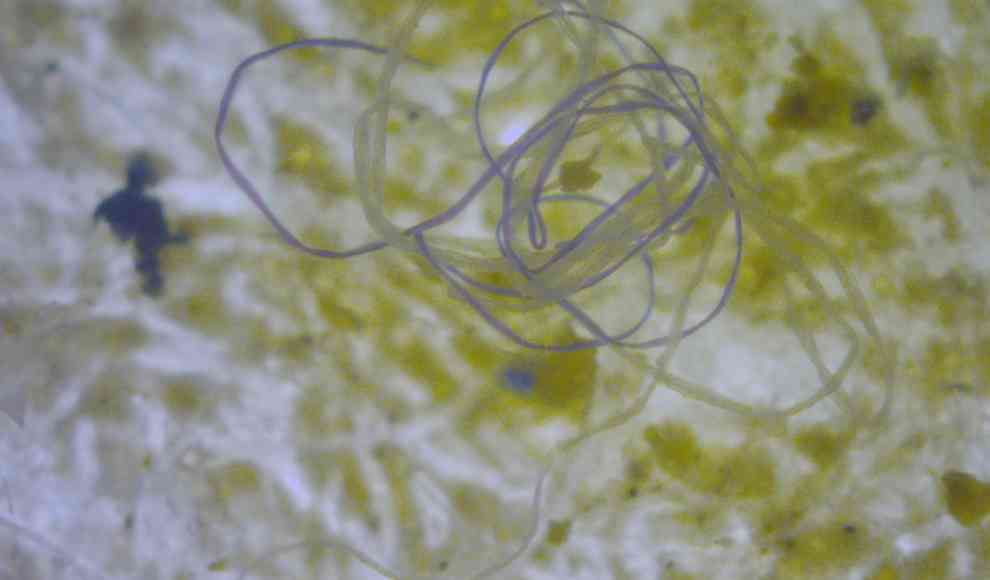A recent study has found microplastics in 100% of human tissue samples. While the health effects on humans are still unclear, animal studies have shown that these particles can cause cancer, infertility, and inflammation. Microplastics are spreading through the air and oceans, and are even found in food such as salt. Scientists at Arizona State University have presented research showing that these tiny plastic particles are now present in human organs. The team analyzed 47 tissue samples from patients with neurodegenerative diseases, and found microplastics in all of them. They also identified specific types of plastic, such as polyethylene and polycarbonate. In addition, they found the plastic additive bisphenol A in four of the samples, which has been linked to autism and growth disruption.
Co-author Varun Kelkar expressed concern that “these non-biodegradable materials can penetrate and accumulate in human tissues.” This study is the first to show widespread plastic pollution in the human body. However, it is still unknown whether this plastic is harmless or poses a serious health risk. Animal studies have shown that micro and nanoplastics can cause cancer, infertility, and inflammation, but there have been no studies on how they specifically affect human organs. Further research is needed to determine the extent of microplastic contamination in different regions of the world and its potential health effects on humans.
In conclusion, the presence of microplastics in human tissue is a cause for concern, as their health effects are still unknown. While studies have shown that these particles can cause harm in animals, it is unclear how they specifically affect human organs. Further research is needed to determine the extent of microplastic contamination and its potential health risks.










